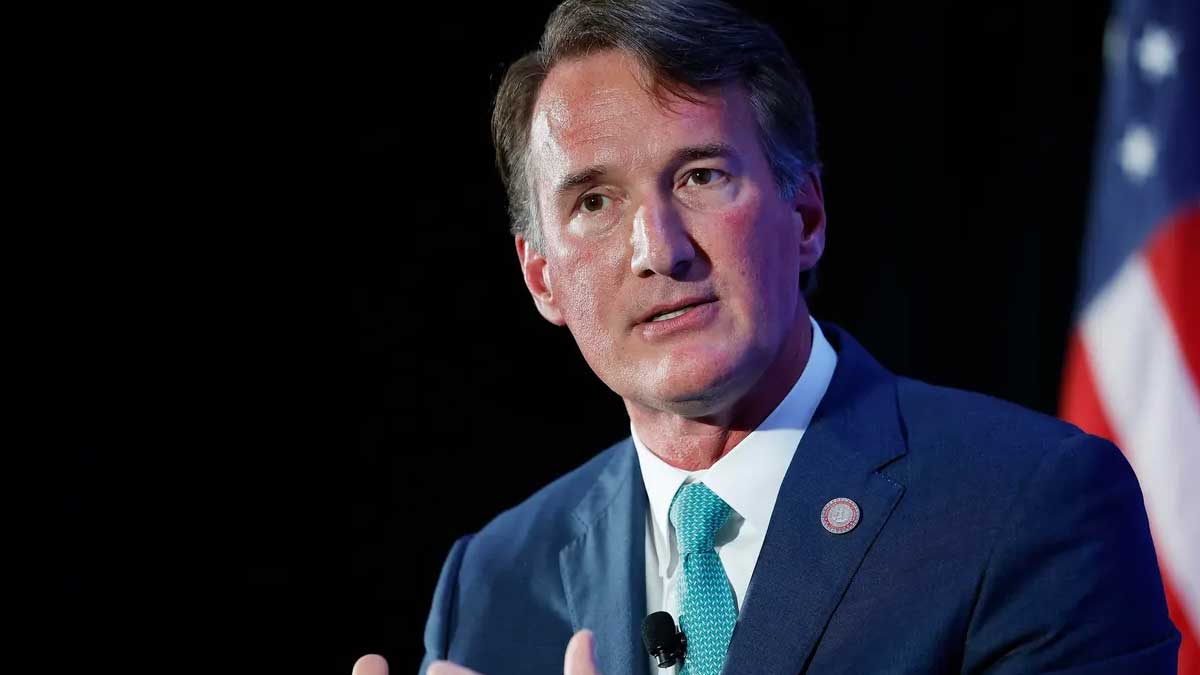- Home
- Billionaires
- Investing Newsletters
- 193CC 1000
- Article Layout 2
- Article Layout 3
- Article Layout 4
- Article Layout 5
- Article Layout 6
- Article Layout 7
- Article Layout 8
- Article Layout 9
- Article Layout 10
- Article Layout 11
- Article Layout 12
- Article Layout 13
- Article Layout 14
- Article Sidebar
- Post Format
- pages
- Archive Layouts
- Post Gallery
- Post Video Background
- Post Review
- Sponsored Post
- Leadership
- Business
- Money
- Small Business
- Innovation
- Shop
Recent Posts
Pro-Palestinian Protests Disrupt U.S. College Graduations

College graduation ceremonies across the United States were marred by protests on Saturday, as pro-Palestinian demonstrators voiced their dissent at UC-Berkeley, VCU, UNC, and Xavier. At UC-Berkeley, the commencement ceremony was disrupted by hundreds of chanting students, leading to security intervention to remove the protesters. Similar scenes unfolded at VCU, where protestors walked out of the graduation event in opposition to Governor Glen Youngkin’s commencement address, citing concerns over his stance on LGBTQ+ rights, racial literacy, and support for police actions against pro-Palestinian protests.
At Xavier University in Cincinnati, two protesters, including a student and an alum, were arrested for refusing to comply with the university’s request to move to a designated demonstration area. Meanwhile, at UNC, protesters reportedly defaced a campus building with red paint and set up an encampment near the graduation photo spot, as part of what they called “the people’s graduation.”
These incidents are part of a broader trend of activism on college campuses regarding the Israel-Hamas conflict, which began in mid-April with an encampment at Columbia University calling for the school to sever financial ties with Israel. Since then, protests have spread to campuses nationwide, including UCLA, Princeton, and the University of Texas at Austin, sometimes leading to clashes with police.
In response to the protests, some colleges have taken precautions, such as increased security measures, while others have made concessions. For example, the University of Wisconsin reached agreements with protesters to end encampments and prevent disruptions, while Pomona College in California relocated its Sunday graduation off-campus after protesters occupied the commencement stage.
The protests have not been without consequence, as several colleges, including Columbia, USC, and Cal Poly Humboldt, canceled their main commencement events due to concerns over continued protests and potential disruptions. This has sparked debate about free speech and the response of school leaders to campus activism.
Recent Posts
Categories
- 193cc Digital Assets2
- 5G1
- Aerospace & Defense46
- AI37
- Arts3
- Banking & Insurance11
- Big Data3
- Billionaires449
- Boats & Planes1
- Business328
- Careers13
- Cars & Bikes76
- CEO Network1
- CFO Network17
- CHRO Network1
- CIO Network1
- Cloud10
- CMO Network18
- Commercial Real Estate7
- Consultant1
- Consumer Tech180
- CxO1
- Cybersecurity68
- Dining1
- Diversity, Equity & Inclusion4
- Education7
- Energy8
- Enterprise Tech29
- Events11
- Fintech1
- Food & Drink2
- Franchises1
- Freelance1
- Future Of Work2
- Games141
- GIG1
- Healthcare78
- Hollywood & Entertainment186
- Houses1
- Innovation42
- Investing2
- Investing Newsletters4
- Leadership65
- Lifestyle11
- Manufacturing1
- Markets20
- Media193
- Mobile phone1
- Money13
- Personal Finance2
- Policy567
- Real Estate1
- Research6
- Retail1
- Retirement1
- Small Business1
- SportsMoney33
- Style & Beauty1
- Success Income1
- Taxes2
- Travel10
- Uncategorized8
- Vices1
- Watches & Jewelry2
- world's billionaires418
Related Articles
Netflix Secures 2027 and 2031 Women’s World Cup Rights
Netflix has clinched an exclusive streaming deal for the next two FIFA...
By 193cc Agency CouncilDecember 20, 2024Meta Fixes Facebook, Instagram, WhatsApp Outages
Meta, the parent company of Facebook, Instagram, and WhatsApp, faced significant outages...
By 193cc Agency CouncilDecember 12, 2024Roy Jones Jr. Confident He Can Beat Jake Paul, Issues Challenge
Boxing legend Roy Jones Jr. has made waves by declaring that he’s...
By 193cc Agency CouncilDecember 11, 2024Tsunami Warning Lifted After 7.0 Quake Off California Coast
A tsunami warning that affected large portions of northern California and Oregon,...
By 193cc Agency CouncilDecember 6, 2024















Leave a comment